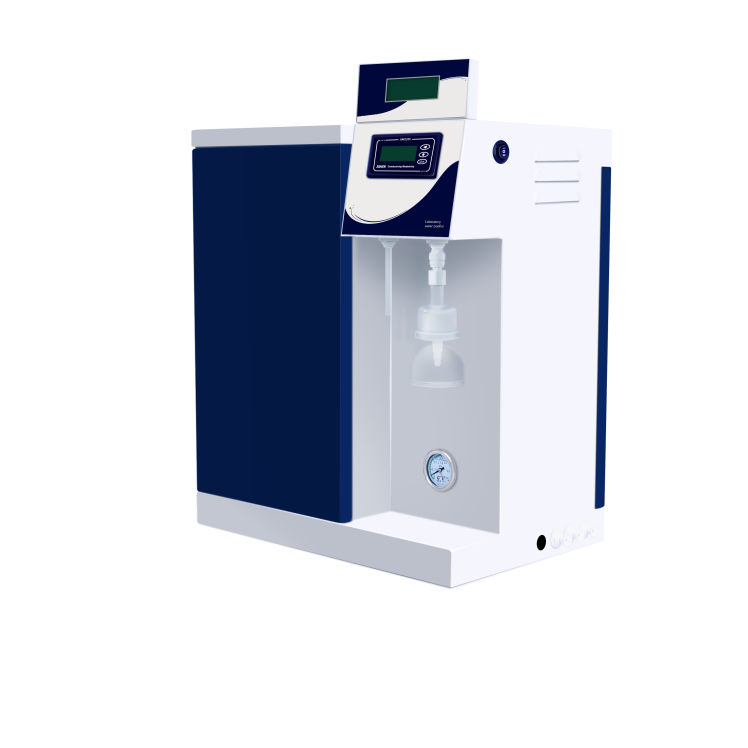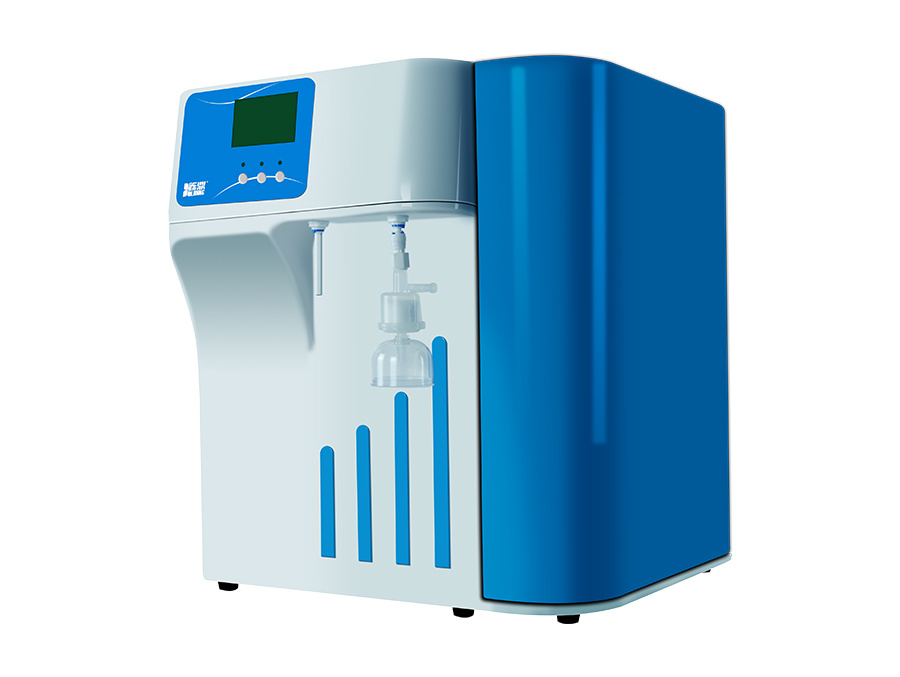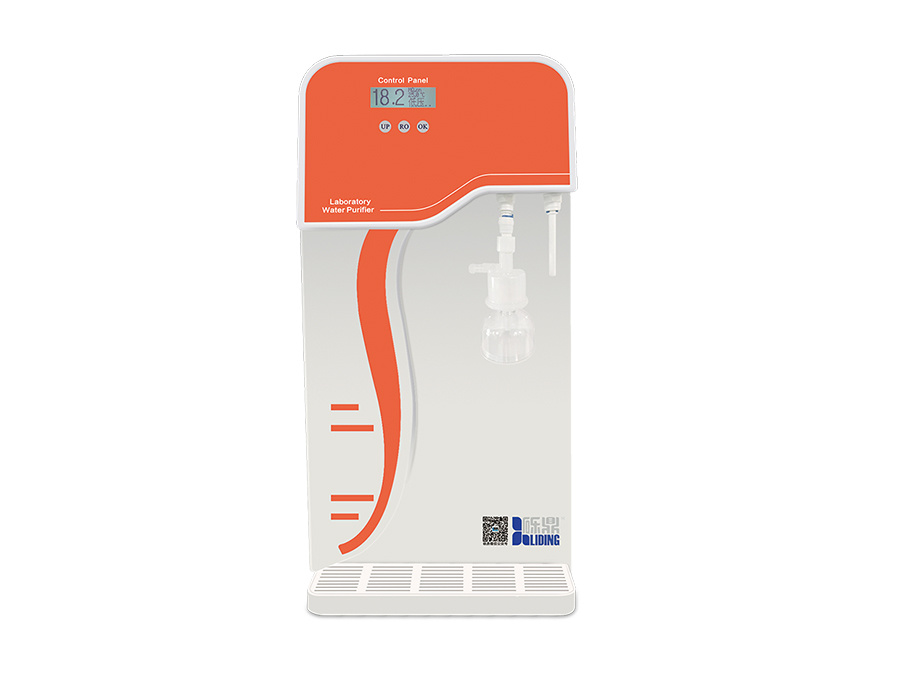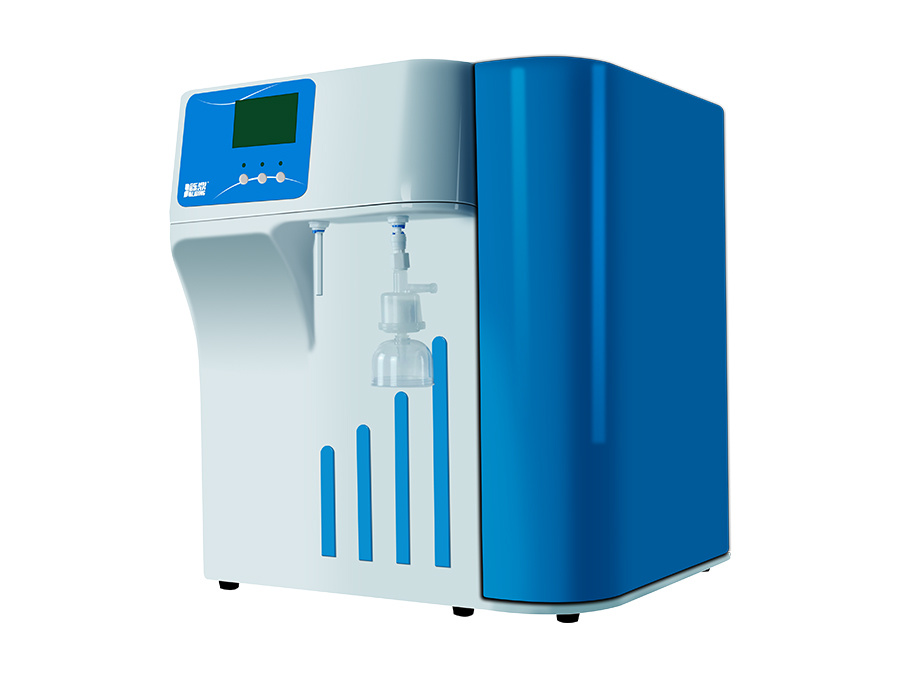Understanding Ultrapure Water Systems for Laboratory Applications
Time:
Jun 06,2025
When it comes to laboratory applications, the need for ultrapure water cannot be overstated. An ultrapure water system is designed to produce water that meets stringent purification standards, essential for various scientific and industrial processes. These systems are critical in laboratories involved in research, pharmaceuticals, biotechnology, and electronics, where impurities can significantly affect outcomes.
The main components of an ultrapure water system typically include pre-treatment units, reverse osmosis (RO) systems, deionization (DI) units, and UV sterilization. Pre-treatment units remove larger particulates, while the RO system effectively eliminates up to 99% of dissolved salts and contaminants. Following this, deionization removes remaining ionic impurities, resulting in water with a resistivity of 18.2 MΩ·cm, which is considered the gold standard for purity. Additionally, UV sterilization helps eliminate any remaining microorganisms, ensuring that the water is not only free from chemical contaminants but also biologically safe.
One crucial aspect of an ultrapure water system is its monitoring capabilities. Continuous measurement of water quality parameters such as resistivity, total organic carbon (TOC), and particle counts is essential for laboratories. These monitoring systems provide immediate feedback, enabling technicians to maintain the system’s performance and ensure consistent water quality. As a best practice, regular maintenance and calibration of the system are necessary to prevent degradation in water purity over time.
Cost considerations are always a factor in equipment selection, but investing in a reliable ultrapure water system can lead to significant long-term savings. High-quality ultrapure water not only enhances the accuracy of experiments but also minimizes the risk of contamination, which can be costly in terms of both time and resources. It’s important to perform a thorough analysis of the specific laboratory needs, including the volume of ultrapure water required and the types of applications for which it will be used.
In summary, an ultrapure water system for laboratories is a sophisticated solution that ensures the highest water quality necessary for critical applications. By understanding the components, operational requirements, and benefits of these systems, laboratory professionals can make informed decisions that enhance their research capabilities. Properly implemented, an ultrapure water system becomes an integral part of any laboratory's infrastructure, supporting the reliability and integrity of scientific work.
The main components of an ultrapure water system typically include pre-treatment units, reverse osmosis (RO) systems, deionization (DI) units, and UV sterilization. Pre-treatment units remove larger particulates, while the RO system effectively eliminates up to 99% of dissolved salts and contaminants. Following this, deionization removes remaining ionic impurities, resulting in water with a resistivity of 18.2 MΩ·cm, which is considered the gold standard for purity. Additionally, UV sterilization helps eliminate any remaining microorganisms, ensuring that the water is not only free from chemical contaminants but also biologically safe.
One crucial aspect of an ultrapure water system is its monitoring capabilities. Continuous measurement of water quality parameters such as resistivity, total organic carbon (TOC), and particle counts is essential for laboratories. These monitoring systems provide immediate feedback, enabling technicians to maintain the system’s performance and ensure consistent water quality. As a best practice, regular maintenance and calibration of the system are necessary to prevent degradation in water purity over time.
Cost considerations are always a factor in equipment selection, but investing in a reliable ultrapure water system can lead to significant long-term savings. High-quality ultrapure water not only enhances the accuracy of experiments but also minimizes the risk of contamination, which can be costly in terms of both time and resources. It’s important to perform a thorough analysis of the specific laboratory needs, including the volume of ultrapure water required and the types of applications for which it will be used.
In summary, an ultrapure water system for laboratories is a sophisticated solution that ensures the highest water quality necessary for critical applications. By understanding the components, operational requirements, and benefits of these systems, laboratory professionals can make informed decisions that enhance their research capabilities. Properly implemented, an ultrapure water system becomes an integral part of any laboratory's infrastructure, supporting the reliability and integrity of scientific work.








